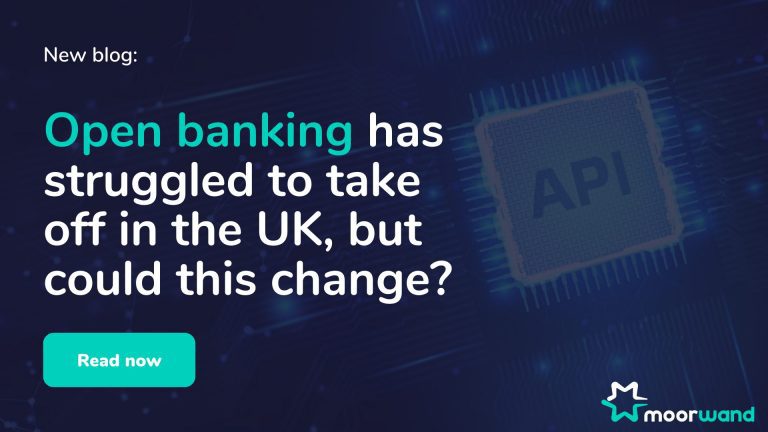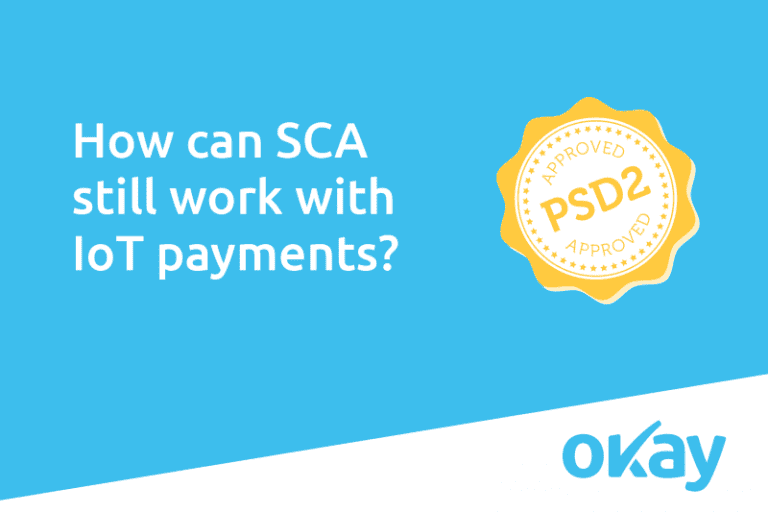
Open Banking has struggled to take off in the UK, but could this change?
Despite growing numbers, research has shown that Open Banking has so far struggled to take off fully in the UK. This week on the Moorwand website we are asking the

Despite growing numbers, research has shown that Open Banking has so far struggled to take off fully in the UK. This week on the Moorwand website we are asking the

Moorwand has announced that it has been selected by German fintech Stocard for issuing and BIN sponsorship services in the UK, France, Germany, Netherlands and Italy. Stocard allows consumers to

How people make payments have evolved greatly over the years. From cash, we have moved to paper cheques, to credit cards, to the current world of purely digital payment methods

Merchant dispute technology specialist, Chargebacks911, is driving its ambitious growth plans in the Asia-Pacific (APAC) region with the appointment of its new Director of Business Development, APAC – Jia Min Tan.
Being based in Singapore, Jia Min will help facilitate the growth of Chargebacks911 and Fi911 (its new brand for financial institutions) in APAC, while bridging any language barriers that may be encountered in the region.

The future of global commerce could be a cashless society, many experts predict, and that puts the burden on financial institutions to make sure their customers’ data is secure and protected.
As digital banking rises to replace the more traditional industry, one phenomenon has arisen hand-in-hand with it and that is the use of biometric technologies.

The rise of digital banking has taken the traditional financial sector by surprise and for many good reasons. From pioneering the art of customer service online to using artificial intelligence to handle many of their operational tasks, digital banking is not just a glimpse of the future of finance. It is a peek into the future of the world of business itself.

The fast-changing world of digital business is one in which staying ahead of the competition is often as much about thinking outside of the box as it is anything else.
But that’s much harder than it might seem at first glance, especially for firms in highly-competitive environments.

– Introduction
– GDPR and behavioral biometrics – what can’t be seen, can’t be stolen
– PSD2: A smarter way of customer authentication
– SCA
– Malware
– Maintaining customer trust and safety
The Payments Association
St Clement’s House
27 Clements Lane
London EC4N 7AE
© Copyright 2024 The Payments Association. All Rights Reserved. The Payments Association is the trading name of Emerging Payments Ventures Limited.
Emerging Ventures Limited t/a The Payments Association; Registered in England and Wales, Company Number 06672728; VAT no. 938829859; Registered office address St. Clement’s House, 27 Clements Lane, London, England, EC4N 7AE.







Log in to access complimentary passes or discounts and access exclusive content as part of your membership. An auto-login link will be sent directly to your email.
We use an auto-login link to ensure optimum security for your members hub. Simply enter your professional work e-mail address into the input area and you’ll receive a link to directly access your account.
Instead of using passwords, we e-mail you a link to log in to the site. This allows us to automatically verify you and apply member benefits based on your e-mail domain name.
Please click the button below which relates to the issue you’re having.
Sometimes our e-mails end up in spam. Make sure to check your spam folder for e-mails from The Payments Association
Most modern e-mail clients now separate e-mails into different tabs. For example, Outlook has an “Other” tab, and Gmail has tabs for different types of e-mails, such as promotional.
For security reasons the link will expire after 60 minutes. Try submitting the login form again and wait a few seconds for the e-mail to arrive.
The link will only work one time – once it’s been clicked, the link won’t log you in again. Instead, you’ll need to go back to the login screen and generate a new link.
Make sure you’re clicking the link on the most recent e-mail that’s been sent to you. We recommend deleting the e-mail once you’ve clicked the link.
Some security systems will automatically click on links in e-mails to check for phishing, malware, viruses and other malicious threats. If these have been clicked, it won’t work when you try to click on the link.
For security reasons, e-mail address changes can only be complete by your Member Engagement Manager. Please contact the team directly for further help.